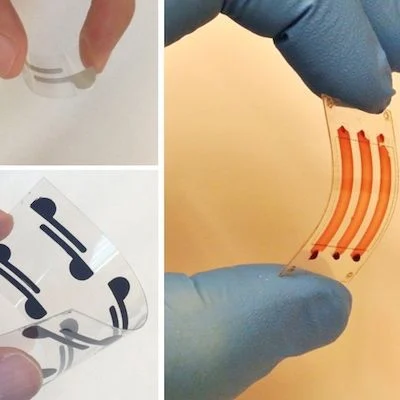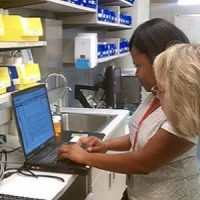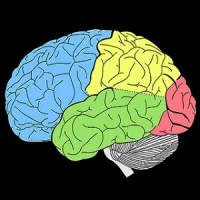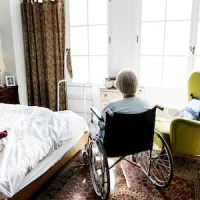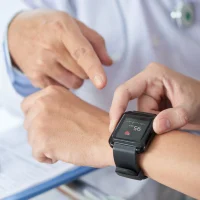A quick and cost-effective means of diagnosing diseases and monitoring treatment at the point-of-care has been developed by researchers using paper and flexible substrates as biosensing materials. The new platforms have been shown to isolate and selectively detect multiple biotargets in whole blood, serum and peritoneal fluid using antibodies. The technology may be used to detect bacteria and diseases such as E-coli, HIV and Staphylococcus auras using cell phone images that could be analysed remotely.
"The future of diagnostics and health monitoring will have potentially cell-phone based or portable readers sipping saliva or blood and continuously monitoring human health taking it way beyond where we are with counting steps today," said Florida Atlantic University’s Utkan Demirci, corresponding author of the study. Eventually, they may be adapted for the detection of more pathogens with well-known biomarkers.
Inexpensive Innovation
Existing paper and flexible substrates have their limitations when it comes to detecting bioagents in bodily fluids. They use colorimetric, electrochemical and fluormetric approaches, which require complicated labelling steps in order to amplify their signal. They are also expensive to make and require costly equipment and infrastructure.
In response to these challenges, the research team integrated cellulose paper and flexible polyester films as diagnostic tools. Those materials are easier to make and use, and can be simply disposed by burning. The thin, flexible and lightweight materials do not require expensive infrastructure and highly skilled personnel for their manufacture.
Three different platforms incorporated with electrical and optical sensing modalities were employed to demonstrate how the new materials might be applied to different medical diagnostic and biology laboratories. The technology also led to the development of a smartphone app that can detect bacteria and disease in blood using images from the smartphone; analysis could take place anywhere in the world.
Applications in Developing Countries
"There is a dire need for robust, portable, disposable and inexpensive biosensing platforms for clinical care, especially in developing countries with limited resources," said Waseem Asghar, PhD, assistant professor of electrical engineering at Florida Atlantic University’s College of Engineering and Computer Science. Asghar is co-first author of the study. Asghar and his team hope the technology will have broad use in developing countries which need affordable and safe tools for diagnosing infectious diseases, drug development, environmental monitoring, food safety and veterinary medicine.
"Our paper microchip technologies can potentially have a significant impact on infectious diseases management in low- and middle-income countries where there is limited laboratory infrastructure," said Hadi Shafiee, one of the study's co-first authors.
The findings are discussed in an article entitled “Paper and Flexible Substrates as Materials for Biosensing Platforms to Detect Multiple Biotargets”, which has been published in Nature Scientific Reports.
Source and Image Credit: Florida Atlantic University





